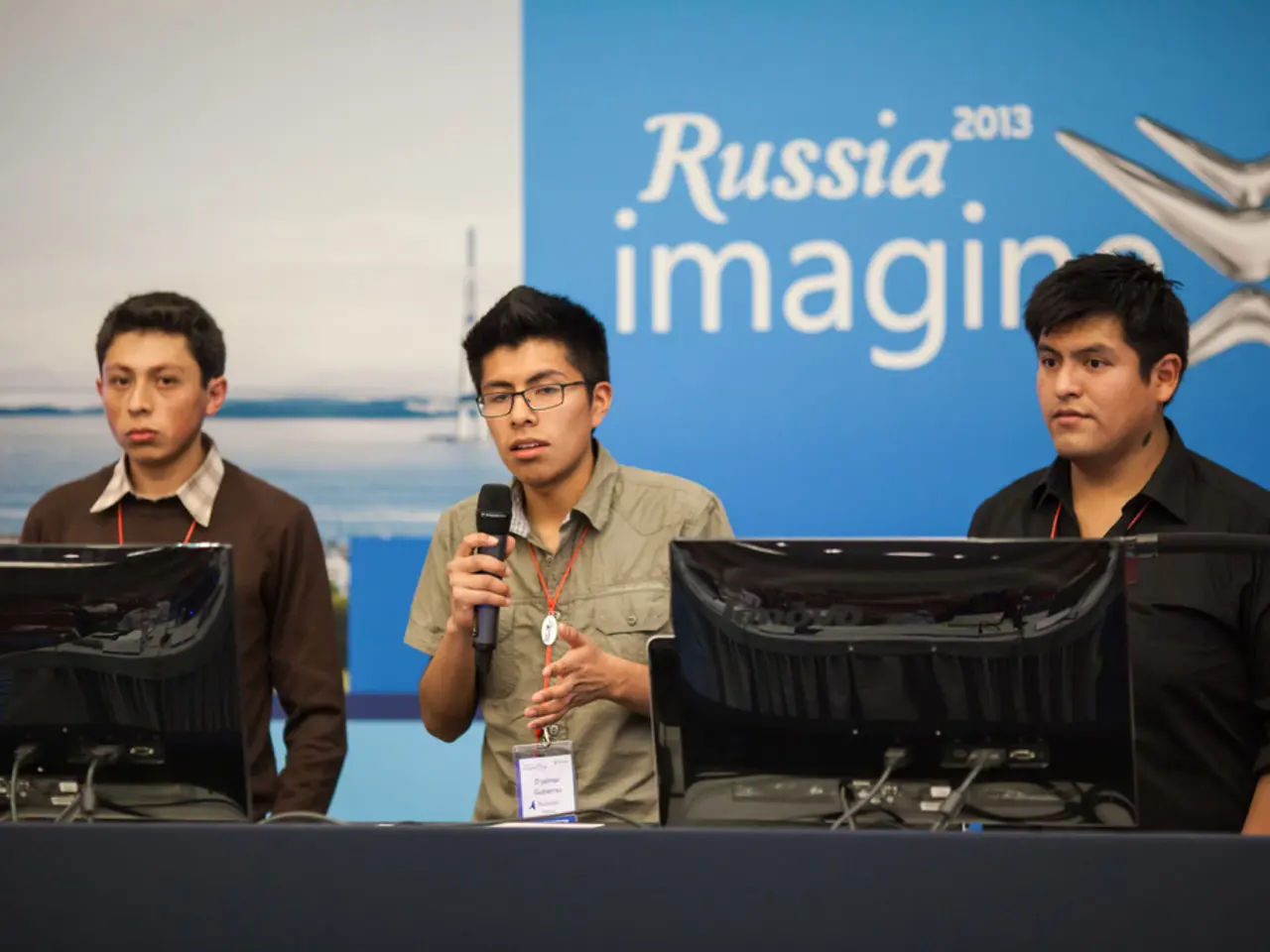Germany Insists on Assuring Security for Ukraine
In a significant geopolitical development, US President Donald Trump and Russian President Vladimir Putin met today at a US military base in Alaska. This marks the first in-person meeting between the two leaders since 2016.
The meeting, which is taking place amidst Russia's ongoing war against Ukraine, is expected to involve negotiations with Ukrainian President Volodymyr Zelensky, as German Chancellor Olaf Scholz emphasizes the need for a summit that includes Zelensky. Scholz, who met with Zelensky in Berlin the previous day, has stressed the importance of strong security guarantees for Ukraine and stated that no regional issues can be resolved without Ukrainian consent.
However, there have been no confirmed ceasefire agreements between Russia and Ukraine following the Alaska meeting. Putin’s demands for a ceasefire reportedly include Ukraine withdrawing from certain unoccupied areas of Donetsk Oblast, which would be a significant Ukrainian concession. Yet, the full details of Russia’s position remain unclear.
Russian officials, including Foreign Minister Lavrov, have rejected security guarantees negotiated without Moscow and suggest Moscow must have veto power over Ukraine's defense arrangements. Moreover, Russian strategic objectives remain maximalist, demanding full control over Luhansk, Donetsk, Zaporizhzhia, and Kherson oblasts before considering peace.
While the Trump administration pushed for the Alaska meeting and threatened increased economic pressure on Russia, many analysts consider that Russia has little incentive to cease offensive operations or negotiate a meaningful ceasefire in the short term without substantial concessions. Ukraine continues to engage militarily, including long-range strikes against Russian facilities, and Western allies emphasize the need for security guarantees as leverage for negotiations before any final agreements are reached.
European and Ukrainian officials have presented counterproposals focused on maintaining Ukraine’s sovereignty and territorial integrity, insisting on security guarantees before any ceasefire or territorial negotiations. Scholz expects negotiations with Ukraine without preconditions following the Alaska meeting.
As the international community watches closely, the future of the conflict between Russia and Ukraine remains uncertain, with both sides holding firm to their respective positions. The focus now shifts towards finding a peaceful resolution that respects Ukraine's sovereignty and territorial integrity while addressing Russia's security concerns.
- The ongoing negotiations between US President Donald Trump, Russian President Vladimir Putin, and Ukrainian President Volodymyr Zelensky, following the meeting in Alaska, are centering around policy-and-legislation related to war-and-conflicts, as Germany's Chancellor Olaf Scholz stresses the need for strong security guarantees for Ukraine, insisting that no regional issues can be resolved without Ukrainian consent.
- Amidst the war-and-conflicts between Russia and Ukraine, current politics revolve around the disagreements over security-policy-and-legislation, with Russian officials rejecting security guarantees negotiated without Moscow and demanding full control over certain territories, causing difficulty in finding a peaceful resolution that respects Ukraine's sovereignty and territorial integrity while addressing Russia's security concerns.






